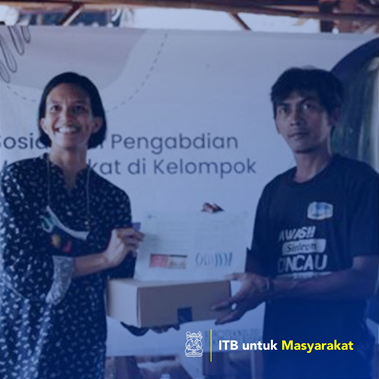

Aos
Vanilla, a commodity grows in tropical area, has wide range of application due to its aroma i.e. 60% for food additives, 33% for cosmetics ingredient, and the rest for aromatherapy. Indonesia is the second largest vanilla producer in the world, it had recorded that 23 % of world vanilla demand was supplied from this country in 2006, however today other countries rose to become competitor resulting Indonesia in the fourth position in 2019 with the rate of 6.78% from the total demand. It is necessary to improve the security in this commodity from quality and quantity. This issue could be addressed to the one of particular vanilla plantation area in Indonesia i.e. Sumedang, West Java, this region has the contribution rate of 6.6% of the country demand, and need to increase further to support the global target. One of the important step to obtain high quality vanilla pods is drying process. Conducting the process in controlled and close system provides more advantages than conventional method i.e. open field sun-drying process, for example occupying smaller area, higher drying rate, and more hygiene. The equipment set was assembled. It was equipped with external heat sources, and a fan to provide air circulation. The drying process utilized external heat sources i.e. infrared lamp and bulb light. The experiments were conducted with the variation in fan voltages and the load of capacities. The parameters of the process were indicated by the change in moisture content or moisture ratio of the pods. Comparing data with the literature for open sun-drying which has accomplished in months, it was obvious that this equipment provided faster drying process, less than a week with the vanillin quality met the minimum requirement 2.25%.
Penerapan Teknologi Tepat Guna, Penerapan Karya Tulis, Pelaksanaan Kegiatan Kepedulian Sosial berupa pendidikan/penyuluhan/pendampingan
It is necessary to improve the security in this commodity from quality and quantity of vanilla production. Today other countries rose to become competitor resulting Indonesia in the fourth position in 2019 with the rate of 6.78% from the total demand.